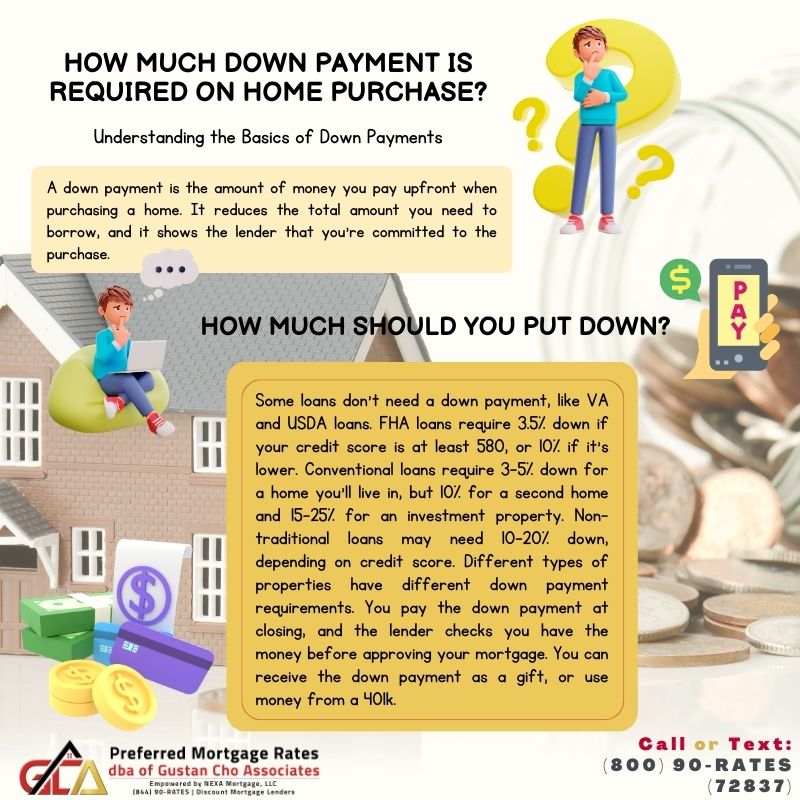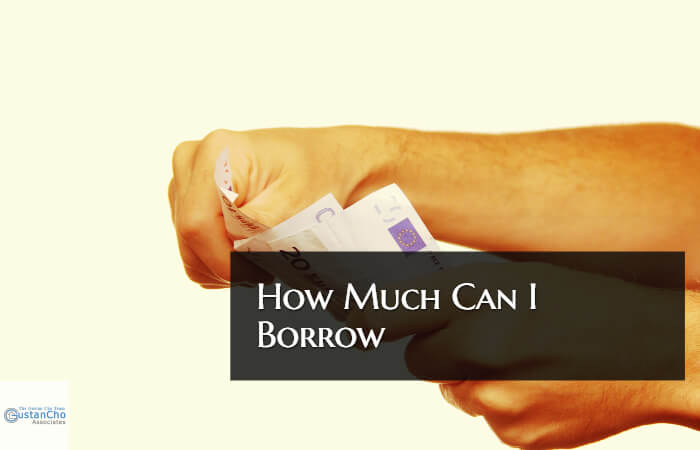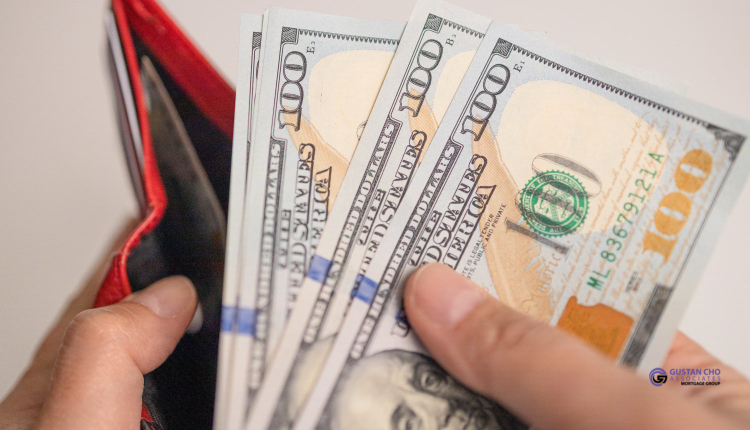Down Payment And Closing Costs Required For Home Purchase

This Article Is About The Down Payment And Closing Costs Required For Home Purchase
The home buying and mortgage process is a process. It cannot be done overnight. Many renters and first-time homebuyers often ask how much is needed to purchase a home. Many higher-income millennial renters are afraid of even thinking about purchasing a home because they are under the assumption that a 20% down payment is required. This is not the case.

Homebuyers can purchase homes with a 3% to 5% down payment. Down Payment and Closing Costs required on a home purchase depend on the loan program. VA and USDA do not require any down payment. All home purchase and refinance mortgage transactions require closing costs. Down Payment is a fixed percentage of a home purchase. Closing costs depend on third-party charges and are different.
We will cover Down Payment And Closing Costs on this blog.
How Does Home Buying Process Work And How Much Down Payment And Closing Costs Required
Let’s go over the basic home buying process:
- Borrowers need to get pre-approved
- With a solid pre-approval letter, they can enter into a real estate purchase contract
- Home sellers require an earnest money deposit
- Earnest money is paid prior to the start of the mortgage process
- Lenders will verify where the earnest money came from
- Earnest money can be deducted from the cash-to-close required
- Homebuyers will bring the down payment and closing costs required less the earnest money deposit to closing
Property tax proration credits can be used for down payments. Sellers’ concessions and/or lender credit can be used for closing costs.
What Upfront Costs Besides Down Payment And Closing Costs Required
The home buying and mortgage process should not start until borrowers have all the necessary down payment and closing costs required. Plus any upfront fees are needed.
Here are the three costs required to get the keys to the home:
- Earnest money to the home seller
- The required down payment for the home purchase
- Closing costs reflected on the final Closing Disclosure
Many home buyers often ask when and at what time frame the earnest money, down payment, and closing costs are due during the home buying process. Bottom line is that all the costs above are the costs required to purchase a home. But homebuyers should understand the distinction between the three costs.
When Is The Earnest Money Paid During Home Buying Process

Earnest money serves as a good-faith deposit by the home buyers. The larger the earnest money, the more skin in the game buyers have. Larger earnest money deposits show the strength of the buyers. Homebuyers will larger earnest money deposits often get the bid in multiple offer situations.
Are Earnest Money Deposits Refundable
Earnest money deposits can be refunded if the real estate purchase contract has contingencies. Contingencies are a home buyer’s right to get out of the purchase contract. Earnest money can be jeopardized if there are no contingencies.
Examples of contingencies are appraisals, loan commitment, home inspection, or other subject-to clauses. In hot housing markets with multiple purchase offers on the same home, buyers often forgo contingencies. Some home buyers may do the home inspection prior to entertaining a home purchase contract to forgo the home inspection contingency. Some buyers will get a TBD Underwriting Approval to forgo the mortgage contingency. If a buyer decides not to proceed with purchasing the house without a particular contingency, the earnest money goes to the home seller. Some buyers will offer a home purchase with non-refundable earnest money to secure the deal on multiple offer deals.
How Much Down Payment Is Required On Home Purchase

VA and USDA loans do not require any money down. VA and USDA loans offer 100% financing on owner-occupant home loans. HUD, the parent of HUD, requires a 3.5% down payment for borrowers with at least 580 credit scores. Under 580 credit score borrowers need to come up with 10% down payments. Conventional Loans require a 3% to 5% down payment on owner-occupant homes.
Second homes require a 10% down on conventional loans. Investment properties require a 15% to 25% down payment.
NON-QM Loans and bank statement loans for self-employed borrowers require a 10% to 20% down payment. The amount of down payment required is dependent on the borrower’s credit scores. Condotels require a 25% down payment. Non-warrantable condos require a 20% down payment. 2 to 4 unit conventional loans require a 15% to 30% down payment. The down payment is paid at closing. Mortgage underwriters verify funds for down payment prior to issuing a mortgage approval. Down payments can be gifted. Using 401k for a down payment is allowed.
Closing Costs And Other Fees Required For Home Closing
All home loans have closing costs. Closing costs are not just lender fees but any third-party charges in the making of the home loan.
Here are examples of closing costs:
- Real Estate Attorney’s Fees
- Title charges
- Title Insurance
- Recording Fees
- Transfer Stamps
- Transfer Taxes
- City, County, State fees and taxes
- Surveys
- Homeowners insurance
- Pre-paid
- appraisal fees
- Home inspection fees
- Origination fees by lenders
- Credit Reporting Fees
- Document Prep Fees
- Processing and Underwriting Fees
- Discount Points
Closing costs vary depending on the title company, the state, county, and city. Closing costs vary. It is not a set percentage like the down payment. Most closing costs range between 2% to 6% depending on the transaction and location type.
For more information about this article and/or other mortgage-related topics, please contact us at Gustan Cho Associates at 800-900-8569 or text us for faster response. Or email us at gcho@gustancho.com.






